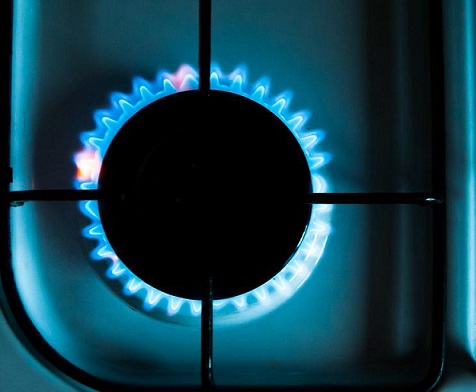According to a new report by the news outlet RBK on Thursday, citing the research firm Kpler, the EU has already bought more liquid Natural Gas (LNG) since the start of this year than it had bought in the entirety of 2021.
According to estimates by Kpler, the 27 EU member countries have purchased a combined 105 billion cubic meters (bcm) of LNG shipments during the January to October period of 2022. Already that figure dwarfs the 78.1 bcm purchased by the bloc in 2021. It also surpasses the purchases of LNG by China during the first ten months of 2022, which came in at 69.9 bcm.
The purchases come as the EU seeks to make up for the lost supplies of natural gas from Russia. Russian gas flows fell dramatically following the military conflict in Ukraine, as sanctions, pipeline technical problems, and sabotage of the Nord Stream 1 pipeline combined to stifle Russian exports.
Russia accounted for about 45% of EU gas imports in 2021. Last year Russia supplied about 155 bcm to the EU according to the International Energy Agency. This year Russian flows are expected to come in at just over a third of that number, at around 60 bcm.
Laura Page, a senior LNG analyst at Kpler, predicts the EU will have bought roughly 123 bcm of LNG by the end of this year. Sergey Kapitonov, an analyst at Skoltech’s Energy Transition and ESG Project Center, says that although the EU only used LNG for about 18% of total gas consumption last year, this year the percentage of LNG used will almost double to 35%.
The shift to LNG is not without cost, however. Pipeline gas such as that which was supplied by Russia tends to be supplied under long term contracts at lower prices. LNG is most often purchased on the spot market which raises costs many times higher, even before considering the effects on the market of removing Russian gas supplies.
As Europe increases its purchases of LNG, another effect is emerging, as developing nations find they are now unable to acquire enough LNG to meet their national energy needs, or to pay the higher prices produced by the increased demand.
Credit Suisse analyst Saul Kavonic noted in a statement, “Energy security concerns in Europe are driving energy poverty in the emerging world… Europe is sucking gas away from other countries whatever the cost.”

